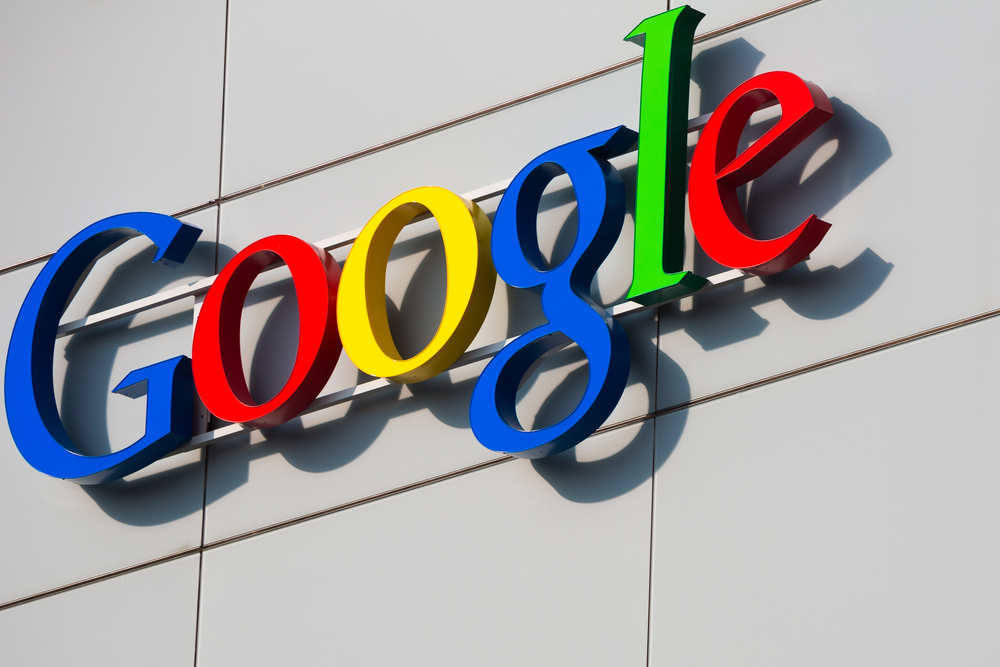Oracle’s claims that Google’s Android operating system violates its copyright on 37 Java APIs were dismissed at a San Francisco court on Thursday evening, with Judge William Alsup ruling that Google is free to replicate the Java elements it uses in its popular mobile OS.
The judgement is not quite the landmark decision on API copyright that some had anticipated, though. Alsup pointed out that his judgement only applies Google's use of Java code in Android, not to Java APIs more broadly or to the 'structure sequence and organisation' (SSO) of software in general.
Interesting Links
Summing up his decision against Oracle, Alsup wrote that just 3% of Android’s code was copied from Oracle’s Java APIs, with the important point that the copied code was a "command strcuture" which is required to be in a certain form in order for Android to work properly with Java.
"Oracle must resort, therefore, to claiming that it owns the exclusive right to any and all possible implementations of the taxonomy-like command structure for the 166 [Java] packages — even though it copyrighted only one implementation," Alsup wrote.
"To accept Oracle’s claim would be to allow anyone to copyright one version of code to carry out a system of commands and thereby bar all others from writing their own different versions to carry out all or part of the same commands. No holding has ever endorsed such a sweeping proposition."
The ruling is Oracle’s third defeat in its case against Google. In the opening legal salvo, Oracle had claimed that Google owed as much as $6 billion for various infringements of its intellectual property, a claim thrown into harsh relief by Oracle's only faint victory in the court case. The jury did decide that Google had infringed Oracle copyright on nine lines of code from a programme called rangeChecker. Alsup said the $150,000 was the most Oracle could hope to claim for the infringement.
Google called yesterday's decision "a good day for collaboration and innovation", while Oracle said it would "vigorously pursue an appeal of this decision in order to maintain that protection and to continue to support the broader Java community of over 9 million developers and countless law abiding enterprises".
"Google’s implementation intentionally fragmented Java and broke the write once, run anywhere” promise. This ruling, if permitted to stand, would undermine the protection for innovation and invention in the United States and make it far more difficult to defend intellectual property rights against companies anywhere in the world that simply takes them as their own," Oracle said.










